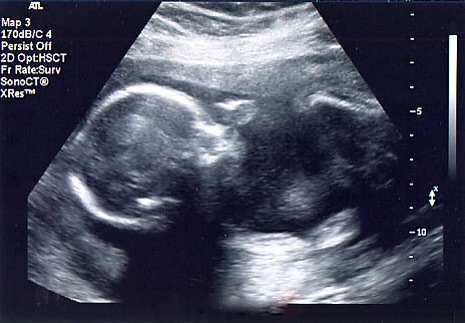It is nearly 48 hours since the latest furore surrounding Richard Dawkins. There are two things I have noticed over the last couple of days [I started to write this as one posts but it’s got a bit long, I’ll do a second post*]:
The world has divided into three camps:
1) Those who are ardently opposed to Richard Dawkins and looking for any excuse to blindly oppose him.
2) Those who are ardent supporters of Richard Dawkins and will blindly follow him wherever he goes.
3) Those who were largely ambivalent to Richard Dawkins but find this particular excursion into the philosophy of human morality repugnant.
In the third group there are many who are parents of children with Down’s Syndrome who are keen to stress that their daughter or son’s worth can’t be measured by their contribution to society. There are people with Down’s Syndrome who read his comments and find that they themselves are being viewed as worth-less to society.

We have as a society moved in the name of progress to view people as commodity. A person’s worth is increasingly seen by those who govern as the “contribution that they make to the economy”. By someone such as Professor Dawkins a person’s worth is measured by how much can be contributed to the things he personally values, i.e. Evolutionary Biology. This is why he values those with Aspergers as being worthy of life.
This whole ‘scandal’ has been an opportunity for personal reflection. I come from a family in which Down’s Syndrome and Asperger’s are quite prevalent along with other kinds of “special needs”. I have been looking around my family and imagining this “lens of worth” with which to view the world. Which of my relatives are worthy of life and which ones are not? My uncle recently passed away as a happy and fulfilled pensioner [and the sentence shouldn’t need to continue with the words ‘with Down’s Syndrome.’ That should be enough!] The grief in our family was and is tangible. The life, the shared experiences, the jokes that were shared together in thick Scots accents left a huge impact upon us all.
As a foetus, I was screened. I was weighed and found not wanting. This is actually untrue. My mum says that she went along with the screening because she was told that she had to because of the risk but that there is no way she would have terminated the pregnancy. The decision was already made. My life would have worth whether an academic, a prince or a pauper, whether Asperger’s, Down’s or – whatever it is that I am despite my lack of labels.
[*edit – I started writing about the press and the way they report some individuals as individuals and some as representative of their group but it was too depressing. Not sure I’ll bother with part 2.]
